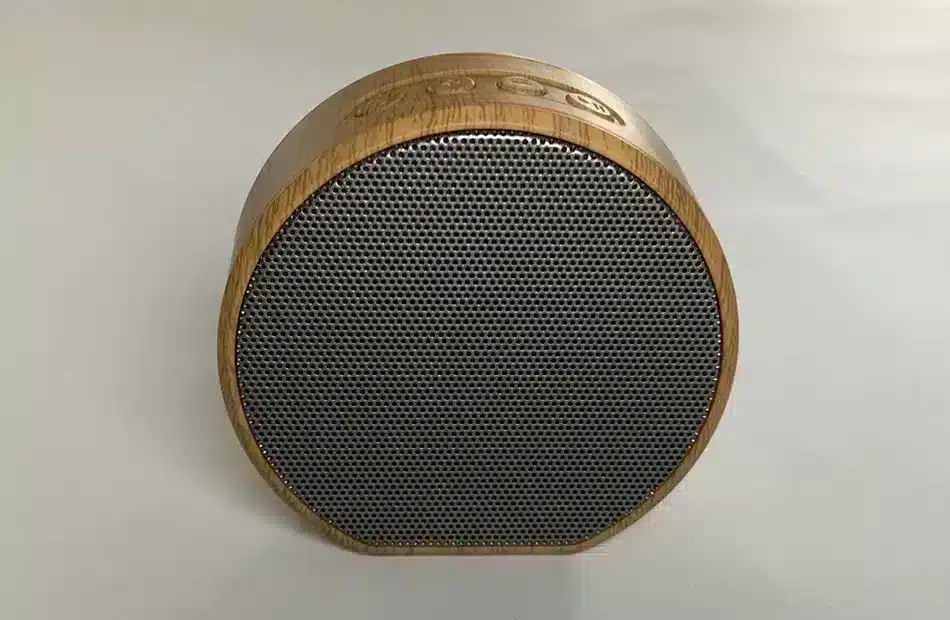Terms of use
1. Site presentation
2. General terms and conditions of use of the site and the services offered
Use of the www.cheminarte.com website implies full acceptance of the general conditions of use described below. These conditions of use may be amended or supplemented at any time, so users of the www.cheminarte.com website are advised to consult them regularly.
This site is normally accessible to users at all times. However, Efydis may decide to interrupt the site for technical maintenance, in which case Efydis will endeavor to inform users of the dates and times of the intervention in advance.
The www.cheminarte.com website is regularly updated by Efydis. In the same way, the legal notices may be modified at any time: they are nevertheless binding on the user, who is invited to refer to them as often as possible in order to take cognizance of them.
3. Description of services provided
The purpose of the www.cheminarte.com website is to provide information about all the company’s activities.
Chemin’Arte strives to provide the most accurate information possible on the www.cheminarte.com website. However, it cannot be held responsible for any omissions, inaccuracies or failure to update information, whether due to its own fault or that of third-party partners who supply it.
All information on the www.cheminarte.com website is provided for information purposes only, and is subject to change. Furthermore, the information provided on the www.cheminarte.com website is not exhaustive. They are subject to any changes that may have been made since they were put online.
4. Contractual limitations on technical data
The site uses WordPress technology.
The website cannot be held responsible for any material damage resulting from use of the site. In addition, the user of the site undertakes to access the site using recent, virus-free equipment and with a last-generation, up-to-date browser.
5. Intellectual property and counterfeiting
Chemin’Arte is the owner of the intellectual property rights or holds the rights of use on all the elements accessible on the site, in particular the texts, images, graphics, logos, icons, sounds and software.
Any reproduction, representation, modification, publication, adaptation of all or part of the elements of the site, whatever the means or the process used, is prohibited, except prior written authorization of : Chemin’Arte.
Any unauthorized use of the site or of any of the elements it contains will be considered as counterfeiting and will be prosecuted in accordance with the provisions of articles L.335-2 et seq. of the French Intellectual Property Code.
6. Limitation of liability
Chemin’Arte cannot be held responsible for any direct or indirect damage caused to the user’s equipment when accessing the www.cheminarte.com website, and resulting either from the use of equipment that does not meet the specifications indicated in point 4, or from the appearance of a bug or incompatibility.
Chemin’Arte cannot be held responsible for any indirect damage (such as loss of business or loss of opportunity) resulting from the use of the www.cheminarte.com website.
Interactive areas (possibility to ask questions in the contact area) are available to users. Chemin’Arte reserves the right to delete, without prior notice, any content posted in this area that contravenes the legislation applicable in France, in particular provisions relating to data protection. Where applicable, Chemin’Arte also reserves the right to hold the user civilly and/or criminally liable, particularly in the event of messages of a racist, insulting, defamatory or pornographic nature, whatever the medium used (text, photographs, etc.).
7. Personal data management
In France, personal data is protected in particular by law no. 78-87 of January 6, 1978, law no. 2004-801 of August 6, 2004, article L. 226-13 of the Penal Code, the European Directive of October 24, 1995 and the RGPD.
When using the www.cheminarte.com website, the following information may be collected: the URL of the links through which the user has accessed the www.cheminarte.com website , the user’s access provider, the user’s Internet protocol (IP) address.
In any case, Chemin’arte only collects personal information relating to the user for the purpose of certain services offered by the www.cheminarte.com website. The user provides this information with full knowledge of the facts, in particular when he/she enters the information him/herself. Users of the www.cheminarte.com website are informed whether or not they are required to provide this information.
In accordance with the provisions of Articles 38 et seq. of the French Data Protection Act 78-17 of January 6, 1978, all users have the right to access, rectify and object to any personal data concerning them, by sending a written and signed request, accompanied by a copy of the identity document bearing the signature of the holder of the document, and specifying the address to which the reply is to be sent.
No personal information about the user of the www.cheminarte.com site is published without the user’s knowledge, exchanged, transferred, ceded or sold on any medium whatsoever to third parties. Only in the event of the purchase of Chemin’arte and its rights would the said information be transmitted to a potential buyer, who would in turn be bound by the same obligation to preserve and modify the data with respect to the user of the www.cheminarte.com website.
Databases are protected by the provisions of the law of July 1, 1998, transposing directive 96/9 of March 11, 1996, on the legal protection of databases.
8. Hypertext links and cookies
The www.cheminarte.com website contains a number of hypertext links to other sites, set up with the authorization of Chemin’Arte. However, Chemin’Arte is not in a position to check the content of sites visited in this way, and consequently accepts no liability in this respect.
Browsing the www.cheminarte.com website may result in the installation of cookie(s) on the user’s computer. A cookie is a small file which does not allow the user to be identified, but which records information relating to the navigation of a computer on a site. The data obtained in this way is intended to facilitate subsequent browsing of the site, and is also used to measure visitor numbers.
Refusal to install a cookie may prevent you from accessing certain services. The user may, however, configure his or her computer as follows to refuse the installation of cookies:
In Internet Explorer: Tools tab (cog-shaped icon at top right) / Internet options. Click on Privacy and choose Block all cookies. Confirm with Ok.
Firefox: at the top of the browser window, click on the Firefox button, then go to the Options tab. Click on the Privacy tab.
Set Retention rules to: use custom settings for history. Finally, uncheck it to disable cookies.
On Safari: Click on the menu icon (symbolized by a cog) in the top right-hand corner of the browser. Select Settings. Click on Show advanced settings. In the “Privacy” section, click on Content settings. In the “Cookies” section, you can block cookies.
Under Chrome: Click on the menu icon (symbolized by three horizontal lines) in the top right-hand corner of the browser. Select Settings. Click on Show advanced settings. In the “Privacy” section, click on preferences. In the “Privacy” tab, you can block cookies.
9. Applicable law and jurisdiction
Any dispute relating to the use of the www.cheminarte.com website is subject to French law. Exclusive jurisdiction is granted to the competent courts of Paris.
10. The main laws concerned
Act no. 78-17 of January 6, 1978, as amended by Act no. 2004-801 of August 6, 2004 on data processing, data files and individual liberties.
Law no. 2004-575 of June 21, 2004 on confidence in the digital economy.
Regulation No. 2016/679, known as the General Data Protection Regulation (GDPR), is a European Union regulation that constitutes the reference text for personal data protection.
11. Lexicon
User: Internet user connecting to and using the above-mentioned site.
Personal information: “information which enables, in any form whatsoever, directly or indirectly, the identification of the natural persons to whom it applies” (article 4 of law no. 78-17 of January 6, 1978).






















